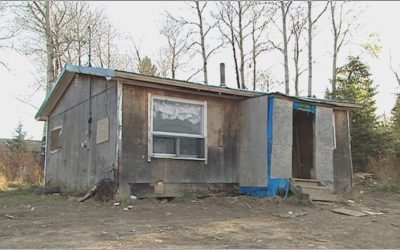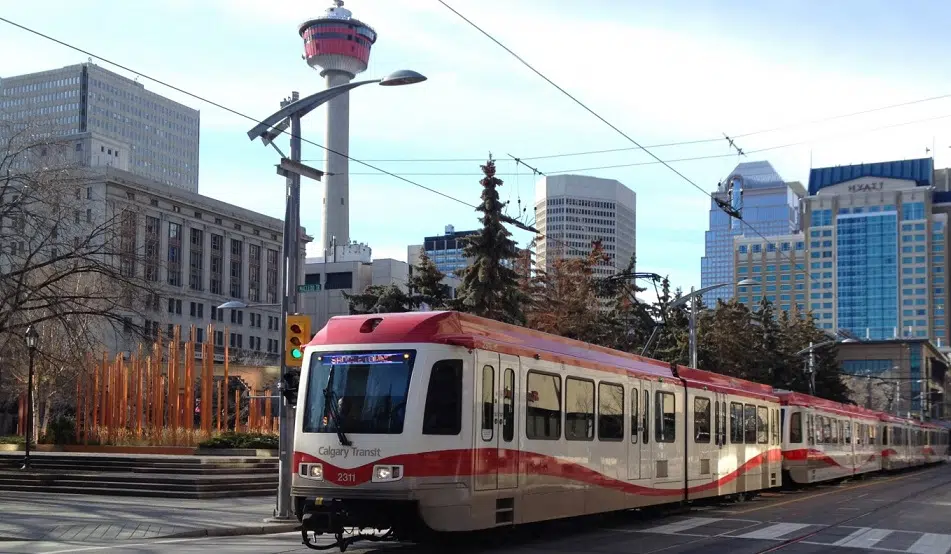
At a time when political participation is at a historic low and tomorrow’s voters, the young, are the least interested of all, it is worth pausing to reflect on the type of politicians we have. This December 5 marked the 70th birthday of a very special politician. New Zealand’s former finance minister Sir Roger Douglas had the courage to risk (and lose) his career and to defy the stereotype of the Labour Party to do what he saw was right. In the process, he radically transformed New Zealand’s economy. A brief review of Sir Roger’s career gives pause for thought when we consider today’s safer, more generic politician.
A third generation lawmaker, Sir Roger’s political pedigree was rare, perhaps even unique, among countries that choose their leaders through free and fair elections. His ideological heritage was deep red New Zealand Labour Party, a movement that grew out of class struggle and the bloody miners’ strikes early last century.
He represented the country’s poorest riding, and in his first parliamentary speech, he even called for beer prices to be regulated. This was the beginning of his paradoxical career. He was eventually lambasted by many as one of the world’s most ruthless neo-liberal politicians. Two left wing organizations still give an annual Roger Award to the corporation they see as being the most socially irresponsible.
When Sir Roger became minister of finance in 1984, New Zealand was in the direst of financial straits. The preceding prime minister, Sir Robert Muldoon, was the closest thing to a dictator most Western democracies care to imagine. This National Party prime minister was also the minister of finance. Not only was his caucus scared of him, but also the Opposition had an unofficial policy of not interjecting while he spoke. Immediately after the 1984 election, the new government found a country almost bankrupted by its predecessor’s dictatorial reign. New Zealand was mere weeks away from bankruptcy and ceding sovereignty to the International Monetary Fund. The state sector, including the swag of Crown corporations hemorrhaging money, was woefully inefficient.
Insulated from reality by an economy drowning in transfer payments, our local politicians would bring back the hockey or huddle in a sports puddle, but there was no such Alice in Wonderland in New Zealand. Desperation suspended politics’ usual frivolity, and dramatic steps were taken to avoid an economic meltdown. All agricultural subsidies were removed, as well as almost all tariffs. The majority of Crown corporations were restructured and then privatized, taxes were lowered, the dollar was floated and the reserve bank was made independent, with an inflation-fighting mandate.
A party that, according to its constitution at the time, aimed to nationalize the means of production found itself carrying out pure neo-liberal reform. What’s more, it was led by its most staid member, who represented its poorest riding.
These actions were radical in New Zealand in the 1980s. They would have been especially radical to Sir Roger in his early career and most are considered radical in Canada today. Sir Roger was sacked when his uncompromising pragmatism became too much for the party leader, but 17 years and two governments later, almost none of his reforms have been reversed. Meanwhile, in his post-political career, Sir Roger is retired, but he occasionally consults (including being on the Frontier Centre’s Advisory Board) and speaks all over the world.
Regardless of whether you agree with Sir Roger’s policies, they are now accepted by both of New Zealand’s major parties, and the economic crisis of the eighties is almost impossible to imagine.
What is interesting is the character that led Sir Roger along the path he took. “So long as I can look in the mirror in the morning and say I did my best for New Zealand, I feel okay,” explains Sir Roger of his courage for pragmatic, if dramatic, policy leadership. “I don’t put labels on anything,” is a clue to why he was able to dance across the political spectrum and trample stereotypical expectations. He talks about “the vision thing,” but he actually gives detailed examples, too. He has published a book that includes 20 years of audited alternative budgets. Perhaps most tellingly, he talks about identifying the problem first and then finding the solution. Unlike many who, for example, talk about “quality public services,” he talks about patients and children.
Perhaps one of the reasons there is so little faith or interest in politics is that there are so few politicians like Sir Roger. Most modern politicians appear to deal with their own political survival first and long-term solutions second. They also have a tendency to favour ideological expectations and the vested interests in existing solutions rather than pragmatically confronting root problems. If nothing else, a few more politicians like New Zealand’s Sir Roger would make politics a lot more interesting.

Sir Roger Douglas’s 70th birthday was celebrated in fine style in New Zealand’s Parliament Building known more famously as the Beehive on 5 December 2007, amidst a huge crowd. Amongst a number of speeches, Dr. Michael Bassett made these comments:
I have been asked to say a few words about Roger Douglas’ time as a minister between 1972 and 1975. I was elected to Parliament on 25 November 1972 where I joined him in the Labour caucus. It would be nice to tell some funny stories about Roger who was the youngest minister in a rather lack-lustre government. But it wasn’t a particularly funny time. Roger has been heard to say of the Third Labour Government that it was the worst government in the post-war period. With recent experience he has begun qualifying that judgment.
A few days off 35, just half his present age, when he entered Norman Kirk’s government as Postmaster-General and Minister of Broadcasting, Roger later became Minister of Housing and Minister of Customs in Bill Rowling’s 15 month ministry following Kirk’s death in August 1974. Roger’s initial portfolios weren’t too arduous, so he set about reforming broadcasting big time. Colour TV was about to emerge and Roger decided that it should be enjoyed on two competing, publicly-owned channels, TV 1 and TV2. Virtue in competition, my mate said, although these days he’d probably have had at least one corporation privately-owned, possibly both? Radio NZ appeared, too, as a separate entity. Much of the modern broadcasting structure dates in broad outline back to Roger.
With time on his hands, this young well-qualified accountant read the cabinet papers carefully, and managed to learn the dynamics of government. Flush with cash for five minutes, Kirk’s government then contended with imported inflation from the first oil shock of 1973, piling on to our own locally-produced inflation. It came principally from excessive government spending over many years. The accountant in Roger was sceptical about Warren Freer’s efforts to control inflation with his ill-fated Maximum Retail Price (MRP) scheme in 1974 that ended in a total shambles. As New Zealand’s terms of trade deteriorated at a record rate, the government shot from feast to famine at 1000 KPH. It was a pressure-cooker course for Roger in the problems of governing in adverse times. He learned a huge amount, his mind working overtime.
Possibly Roger’s most useful experience for the government in which he became the driving force after 1984 was his time serving on a cabinet committee in 1974-75 studying several of the state-owned trading enterprises. His papers in the Alexander Turnbull Library provide examples of bloated organizations with no clear goals, no direction, run by mostly unimaginitive bureaucrats and know-very-little ministers. The costs of their stewardship were loosely wrapped and passed on to taxpayers like a giant Christmas present each year. By 1984 it cost the government annually many hundreds of millions in subsidies to keep the state trading organizations afloat. In 1986 10% of New Zealand’s income went into keeping those trading organisations operational. The return on the government’s investment in them was NIL. It had taken many years to reach this heady state.
The Kirk-Rowling government of 1972-5 gave Roger an advanced qualification in what NOT to do when growth was declining and indebtedness was piling up. He, and we, would have to endure another eight and a half years watching Muldoon repeat all the Third Labour Government’s mistakes on Roger’s colour TV. As a vital sideline activity, he gained practical experience in business on his own account. He read a great deal. His files tell heaps about an inquiring mind trying to find out where New Zealand had gone wrong. And he gathered friends around him who contributed to the mutual learning process.
Roger didn’t just suddenly spring fully-armed from the heads of Kirk and Rowling and from Labour’s folklore. The reverse. He taught himself with your help. As he unravelled much of the state’s interventions in the market place, floated the dollar, and pushed for the end of state owned enterprises, he became the single most important political figure in half a century. It was thanks to his basic intelligence, his personal experience, and his willingness to learn from discussions with many of you in this room tonight. It is no accident that twenty years after he ceased to be New Zealand’s Minister of Finance he is still sought out around the world for advice on how to handle reform within a democratic environment. Some of the credit for that, too, belongs to others in the room tonight.
Michael Bassett is a Historian and author. He was the Minister of Health and the Minister of Local Government in New Zealand’s Labour Government between 1984 and 1990. Dr. Bassett was responsible for promoting the dramatic reform of local government carried out between 1987 and 1990. He resides in Auckland, New Zealand.


